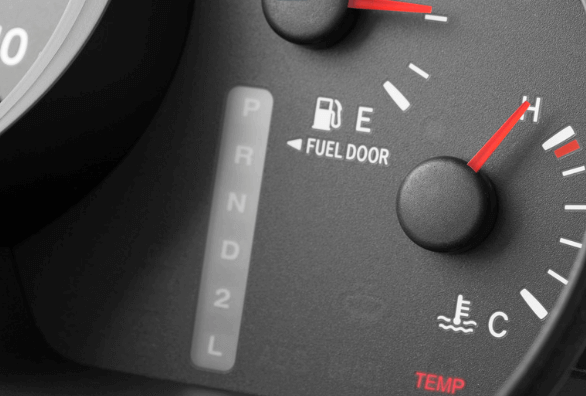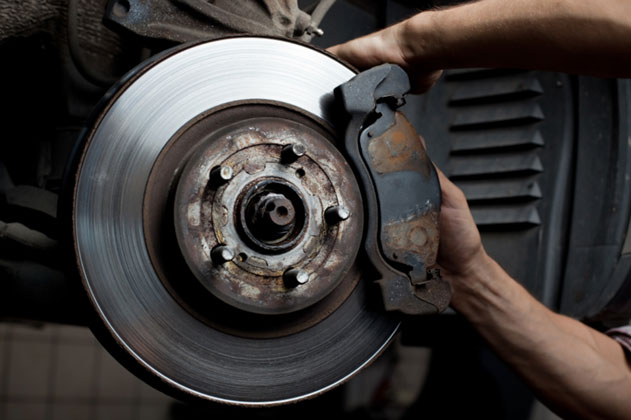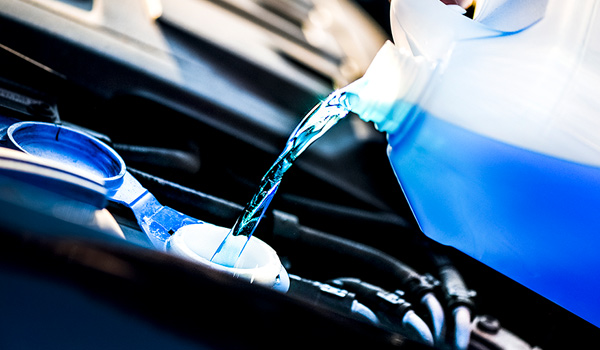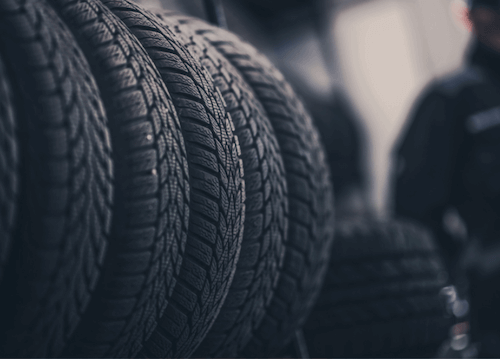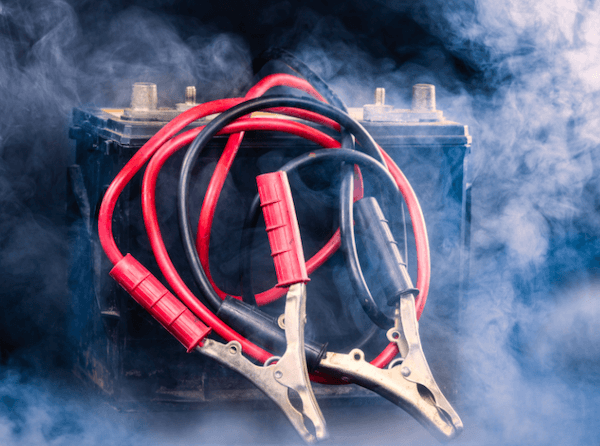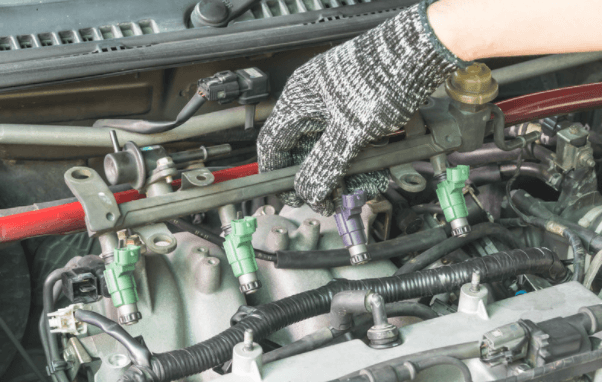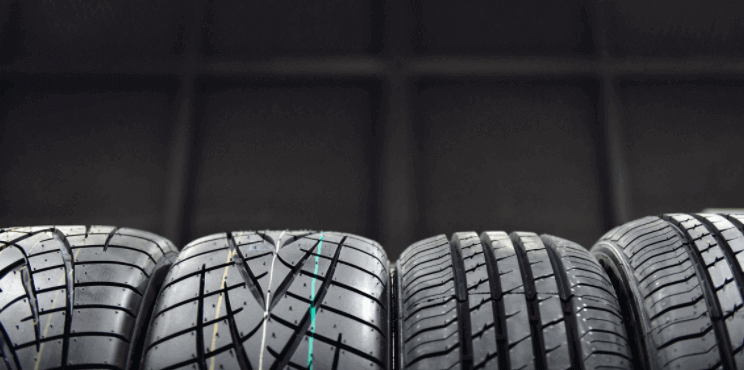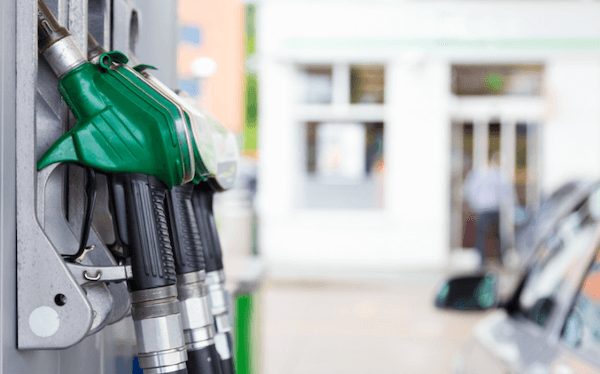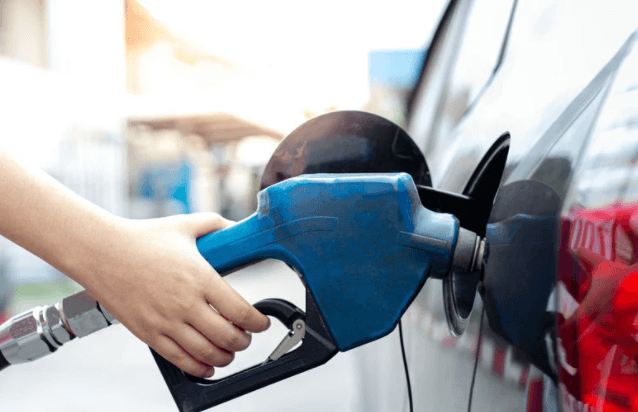As the summer heat begins rolling across the south, drivers start to feel the effects on their cars. One common problem drivers may face is an overheating engine. Our local mechanics are here with a look at the 6 signs your engine is overheating, why engines overheat, and what you can do about it.
Sign 1: Temperature Gauge
Most cars contain a temperature gauge on the dashboard. While you might be tempted to think this reflects the outdoor temperature (some cars have this feature, too) the temperature gauge reflects how hot your engine is. When you see it rising towards the red temperature indicator, your engine is overheating. Once it reaches the red indicator, your engine has become dangerously hot.
Sign 2: Overheating Dashboard Light
You may also see a dashboard light telling you that your car is experiencing trouble. If you notice a thermometer dashboard light sitting above a wavy line, this is your radiator fluid light (also known as a coolant warning). The radiator warning lights up when your engine begins overheating.

Sign 3: Clicking or Clanking Car Noises
Engine oil is responsible for keeping your engine working together. In an overheating engine, your oil will begin to lose its lubrication properties. In these cases, you might begin to hear your engine components clicking or clanking as they work together without the buffer of your oil.
Sign 4: Steam, Smoke, or Vapor
Radiator fluid is a mixture of antifreeze, water, and corrosion inhibitors. The boiling point of radiator fluid is often between 223°F and 235°F (depending on the mixture ratios). Meanwhile, the average temperature of a normally operating car engine is between 195°F and 220°F.
As your engine starts overheating, its temperature will exceed the boiling point of your radiator fluid. When your radiator fluid boils, it may escape from under your hood in the form of steam, vapor, or white smoke.
Sign 5: Unusual Engine Smells
In the case of an overheated engine, some drivers say they can smell the heat. Here is a look at three smells that may indicate an overheating engine:
- Burning plastic smell: From plastic valves to rubber seals, vulnerable engine components may begin to melt as your engine overheats, emitting the smell of burning plastic.
- Sickly sweet car smell: The coolant in radiator fluid is ethylene glycol, which is molecularly similar to the sugar compound. As such, it can smell sweet when it burns. Some drivers describe it as smelling like maple syrup or butterscotch.
- Burning oil smell: As your engine oil begins to burn, it is said to carry a sulfur-like smell. Other drivers describe this smell as similar to burning fuel.
Sign 6: Performance Troubles
When your engine is overheating, your vehicle may face acceleration and performance struggles. Why? If you think back to your high school days, you might remember that cold air is denser than warm air. The density of the cool air intake helps sustain your engine’s combustion process—which fuels your vehicle’s momentum. As such, the excess heat can throw off your air/fuel mixture, creating performance issues.
Why Is My Car Engine Overheating?
So what causes a car engine to overheat? In most cases, an overheating engine is an issue with the radiator. The radiator is responsible for regulating your engine’s temperature. It relies on coolant, which can become depleted, contaminated, and burned over time. If your engine is overheating, you are likely overdue for a radiator fluid flush or another radiator service.
Your car’s engine oil also has cooling properties. While it likely is not the main source of your overheating engine, depleted engine oil can be a contributing factor. In these cases, you may also need an oil change.
What to Do When Your Engine Overheats
You might be tempted to open the hood and get to the bottom of your overheating engine troubles. However, your engine is likely dangerously hot. One common mistake drivers make is to open the radiator cap of an overheating engine. This mistake can result in severe third-degree burns as you release the pent-up pressure in the radiator, resulting in a boiling explosion of water/coolant. So what should you do instead?
- Pull Over: If you can safely stop your car, pull over and give your engine time to cool off. This is especially important when you see smoke/vapor or sense that your car is dangerously overheated.
- Turn Up The Heat: While it might seem counterintuitive, it is helpful to roll down your windows and turn your car’s HVAC heat up. This will help vent heat away from your engine.
- Visit a Mechanic: A professional will be able to diagnose, service, and repair your overheated engine.
It is essential you see a professional before your simple radiator service turns into thousands of dollars in engine damage.
Chapel Hill Tire: Radiator Service Near Me
When your car engine is overheating, the professionals at Chapel Hill Tire can help! We offer radiator flushes, radiator repair, and radiator replacement services. Chapel Hill Tire offers 11 locations across Apex, Cary, Raleigh, Chapel Hill, Carrboro, and Durham. Our local mechanics also serve surrounding communities, including Knightdale, Cary, Pittsboro, Wake Forest, Hillsborough, Morrisville, and beyond. You can make an appointment, browse our coupons, or give us a call to get started today!
